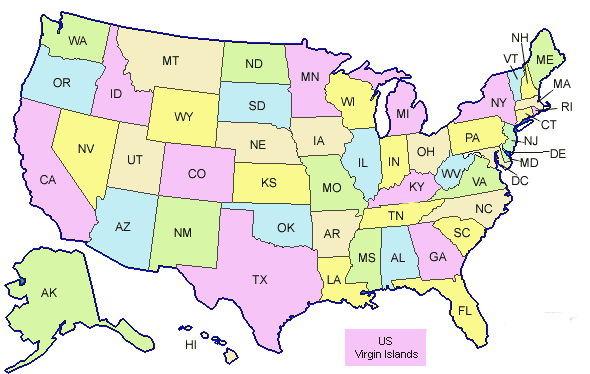Agencies must provide training for foster parents to help them meet the needs of children in their care, receive information on technique in managing behavior and preventing abuse and neglect, and understand the expectations of the agency.
New foster parents need preparation and training to be effective in their role. Foster parents who have been accepted for a home study, or relatives who are in the process of a home study must be oriented to:
• The social, family, and personal problems that lead to family breakdown and the need for the placement of children.
• The problems and reactions of children upon separation, and the function and responsibility of the foster family in relation to the child, the parents, and the agency staff.
• The agency policy and practice to have defined goals to achieve permanency for each child entering the foster care system.
• The authority of the local social services districts, the Office of Children and Family Services, and the Family Court to supervise the agency’s practice.
• The nature of the relationship of agency staff to foster parents and children, including definitions of the function and responsibility of the caseworkers assigned to the children and their families.
• The payments to foster parents for care and expenses; the definition of foster family care; and certification or approval of the home.
• The rights and responsibilities of a foster parent as defined by a letter of understanding that must be executed at the time of certification or approval.
Foster parents who receive a higher level of board rate are required to actively participate in annual training.
MAPP Training
The MAPP approach to foster parenting encourages open communication and trust among foster families, adoptive families, birth families and casework staff. The MAPP program examines 12 criteria or skills necessary for successful foster/adoptive parenting. Through role-playing, personal profiles, and other techniques, the homefinder and the applicant make mutual decisions about foster parenting.
Objectives of the training for prospective foster and adoptive parents are:
• Learning what to expect and what services are available.
• Looking at one’s own strengths and needs.
• Developing skills in giving love and attention to a troubled child.
• Learning about stages of child development.
• Helping children manage behavior.
• Understanding the roles and responsibilities of teamwork.
• Helping foster parents develop a good understanding of the child’s parents.
